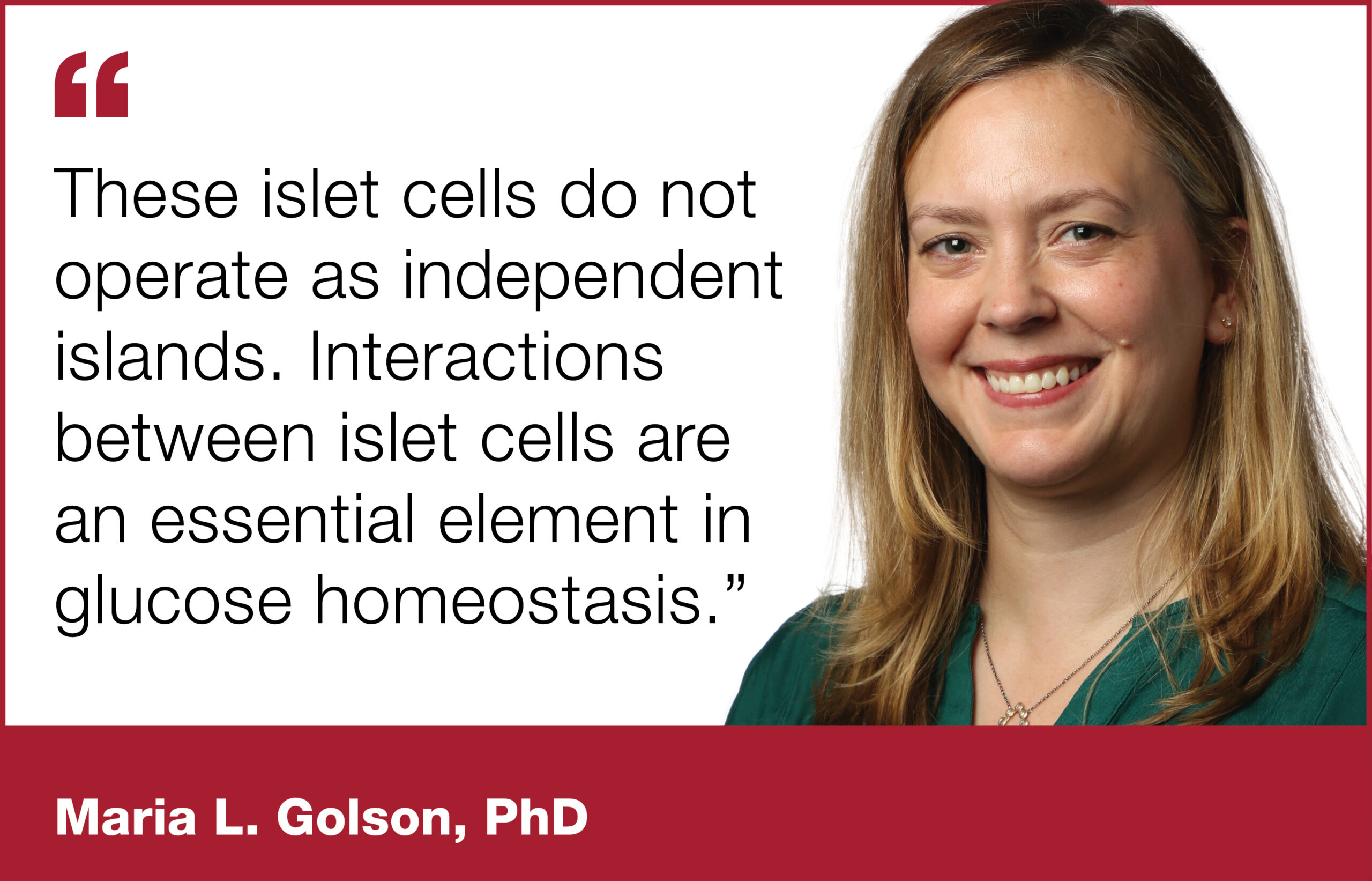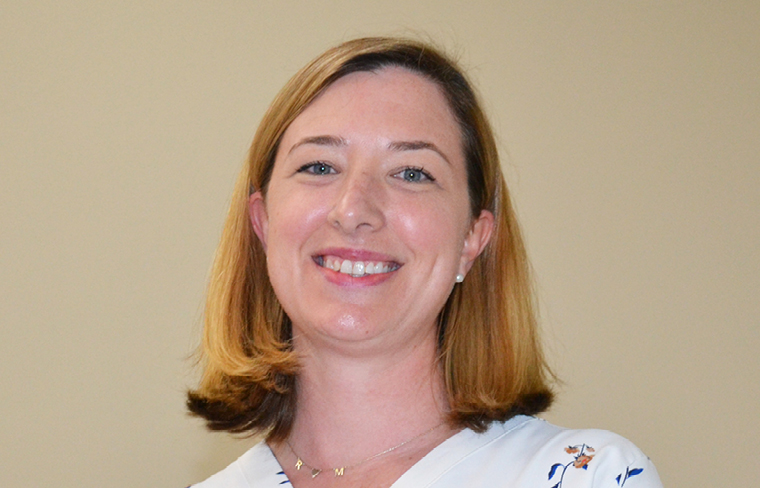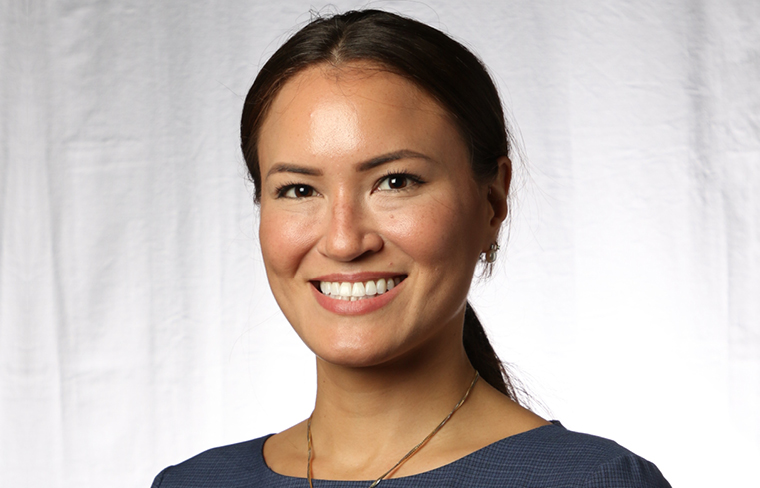-
ICYMI Presenter Profile: What Is the Best Approach to the Management of Painful Diabetic Neuropathy?
Lance M. McCracken, PhD, who studies stress responses and blood glucose in diabetes, previews a Professional Interest Group discussion held at the 83rd Scientific Sessions. Registered participants can view select recordings, including of this session, on the meeting’s virtual platform through August 28.
-
Investigators share new findings in islet cell interactions
Pancreatic islets contain five endocrine cell types that interact with each other and the rest of the body. Scientists shared their latest research into the islet-cell interactome during the 83rd Scientific Sessions. Maria L. Golson, PhD, explored the mechanisms by which delta cells regulate beta cell function. Delta cells are known primarily for their production…
-
Experts debate role of the microbiome in obesity
The microbiome accounts for 99% of the genes in a human, yet the notion that the microbiome plays a role in human obesity is all hype, according to Max Nieuwdorp, MD, PhD. He debated Rob Knight, PhD, on this issue. Dr. Knight supported the argument that the microbiome is key in obesity.
-
Symposium compares models for unlocking the mechanisms of obesity
James D. Johnson, PhD, and Kevin D. Hall, PhD, discussed the scientific merit of and the hypotheses driving the two leading models for understanding obesity: the carbohydrate-insulin model and the energy-balance model.
-
ICYMI Presenter Profile: Updates in Diabetes and Fasting
Mohamed M. Hassanein, FRCP, CCST UK, previews a presentation at the 83rd Scientific Sessions. Registered participants can view select recordings, including of this session, on the meeting’s virtual platform through August 28.
-
Researchers investigate physical activity considerations for older adults with diabetes
A panel of experts analyzed the effects of physical activity on older adults with diabetes to determine potential therapeutic interventions. Bruce A. Perkins, MD, MPH, discussed his research into longevity in type 1 diabetes and the benefits physical activity has on beta-cell reserve.
-
Session examines how to reduce hypoglycemia at patient and system levels
In the U.S. alone, the direct cost of hospitalization for severe hypoglycemia tops $1.8 billion, reported Alexandria Ratzki-Leewing, PhD, in a session that offered a detailed look at the challenges hypoglycemia causes for older people living with diabetes, including health outcomes and financial burdens.
-
Speakers analyze strategies to improve type 2 diabetes outcomes for adolescents
Following the COVID-19 pandemic, researchers observed an increase in type 2 diabetes among adolescents. Experts, including Katie O’Sullivan, MD, presented three strategies to help address the disease in youths: mobilize an interdisciplinary team, explore medical or surgical treatments, and provide community intervention programs.
-
ICYMI Presenter Profile: Joint ADA/ISPAD Symposium—Why Aren’t All Guidelines the Same? A Focused Review of Recommendations from ISPAD 2022 and ADA 2023
Priya Prahalad, MD, PhD, previews a presentation at the 83rd Scientific Sessions. Registered participants can view select recordings, including of this session, on the meeting’s virtual platform through August 28.
-
ADA and partners develop consensus statement on person-reported outcomes
A forthcoming consensus statement on PROs looks beyond numbers associated with diabetes—glucose levels, A1C, time in range—to the myriad ways the disease affects daily life. Because diabetes relies on the patient’s own engagement in therapeutic behaviors, integrating PROs into clinical models for care is crucial, explained the authors, including Jennifer L. Sherr, MD, PhD.










